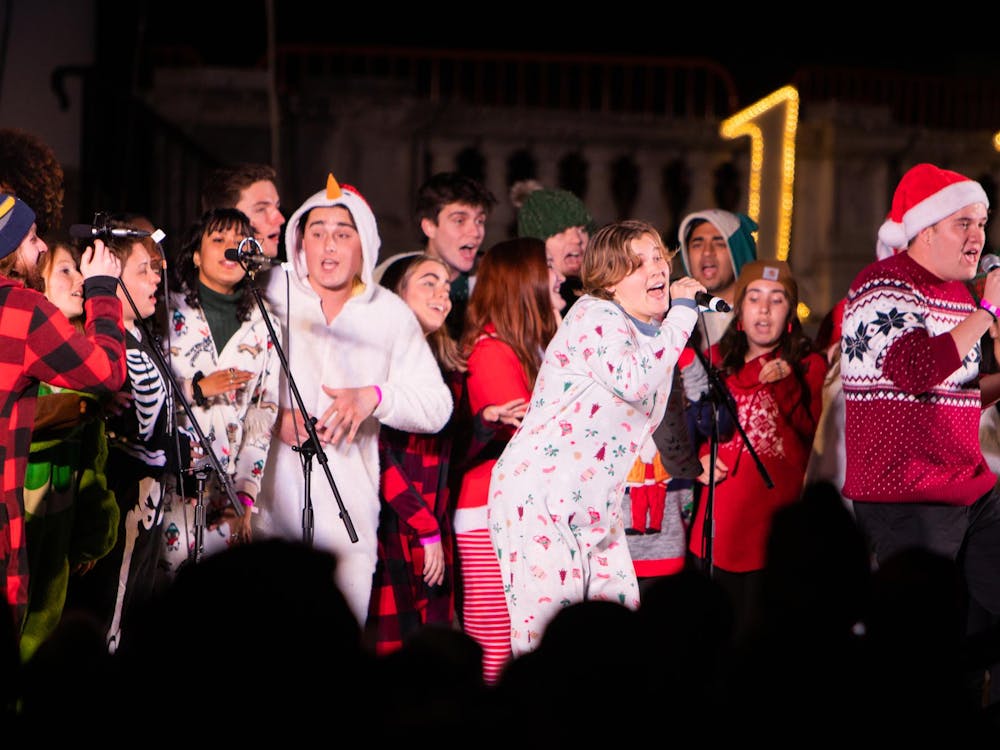Fingerprint fun
Students can help science and profit at the same time this semester.
The University Department of Health Evaluation Sciences is conducting a validation study of new fingerprint identification software. The software, a product of the California-based company Whovision, uses a sensor unit to read and identify individual fingerprints. To test the product, Whovision has let the department conduct a study.
"They want to put a scientifically valid test behind it," said Lori Elder, assistant director of the Clinical Trials Office at the Medical School. "We will provide a non-biased evaluation of the product."
Computers can use the stored fingerprints in place of a password. In addition to using the software to access medical records, the software can be used for banking and building access purposes, Elder said.
She said this particular product sets itself apart from other fingerprint identification software by using algorithms to combine both photographs and measurements of fingerprints, and that this method makes identification more secure.
The study requires 1,000 participants by Dec. 22. Students can participate both at Room 187 in Newcomb Hall and at the Medical Center. Participants must be 18, and their names will not be attached to the fingerprint data. As an added incentive, participants will receive a $10 gift certificate for the University Bookstore.
Politico fundico
Two University students and five Albemarle High School students associated with the Center for Governmental Studies' Youth Leadership Initiative met a Republican presidential hopeful Monday night.
Third-year College student Emily Harding and third-year College student Tom McKee, both CGS interns, met Sen. John McCain, R-Ariz., at a dinner fundraiser hosted by Value America co-founder Craig Winn.
YLI Director Ken Stroup said Harding and McKee asked McCain questions about polling and campaign finance reform, and they presented the candidate with a copy of CGS Director Larry J. Sabato's book, "Dirty Little Secrets."
Value America invited YLI members and CGI interns to the event, which Stroup also attended.
Stroup said meeting candidates on a personal level can help students decide which candidate to vote for.
"It puts a human face on politics," he said. "There's a tendency to feel very removed form the process.
"It just makes the world of politics much more approachable and accessible to students," he added.
Harding said she enjoyed meeting McCain.
"He was very impressive in person," she said. "He was personable, he was funny, he was eloquent ... and very impressive on the issues."
McKee agreed.
"He came off a lot better in person," he said.
Compiled by Andrew Merson and Mary Rekas




